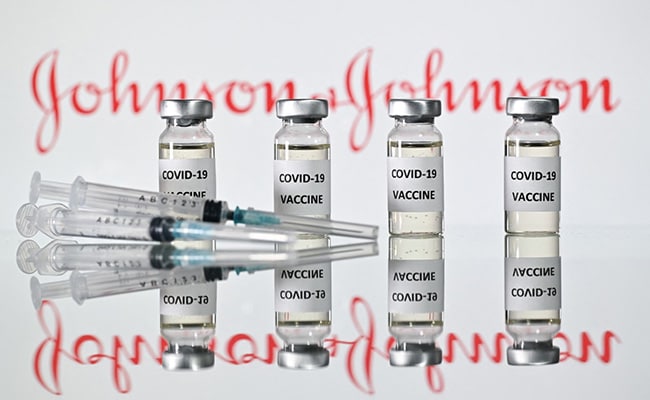
What To Do If You've Received Johnson & Johnson Coronavirus Vaccine
NDTV
The symptoms include headaches, leg pain, abdominal pain and shortness of breath that begins six to 13 days after receipt of the vaccine, officials said.
Federal health officials warned doctors and patients Tuesday to watch for symptoms that could indicate an extremely rare but serious form of blood clot in the brain suffered by six women who received Johnson & Johnson's coronavirus vaccine. So what should you look for if you are one of the 6.8 million people who have received Johnson & Johnson's one-dose vaccine, or are scheduled to receive it soon? The symptoms include headaches, leg pain, abdominal pain and shortness of breath that begins six to 13 days after receipt of the vaccine, officials said. Those symptoms are different from the much more common flu-like aches and lethargy that can occur a day after receiving the shot, which are generally harmless side-effects of inoculation against the coronavirus. Vaccine recipients with those symptoms that start a week or so after immunization should seek medical attention to determine whether they have a low count of blood-clotting platelets in their blood. All six of the women known to have suffered cerebral venous sinus thrombosis had low platelet counts, leading experts to speculate that the vaccine somehow, in rare cases,activates platelets and leads to blood clots in the channels that help route blood away from the brain. The clots can cause strokes or similar damage to the brain. "If someone ends up with a very severe headache or any kind of shortness of breath, pain in their legs, pain in their abdomen . . . they would want to seek medical attention, and if there are low platelets at that time" further discussion with a health-care provider is necessary, said Peter Marks, director of the Center for Biologics Evaluation and Research (CBER) at the Food and Drug Administration, who spoke at a media briefing Tuesday morning.More Related News
